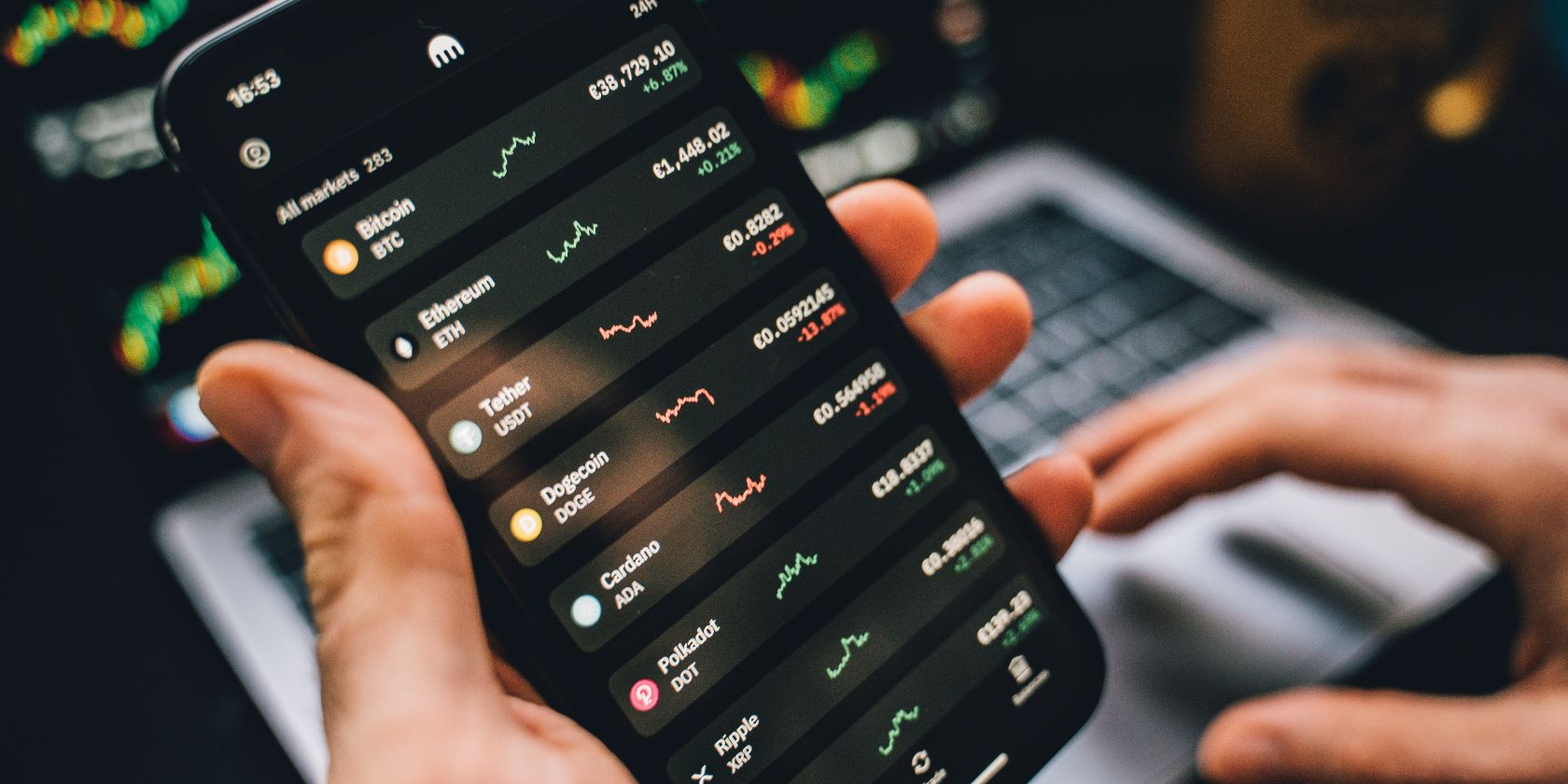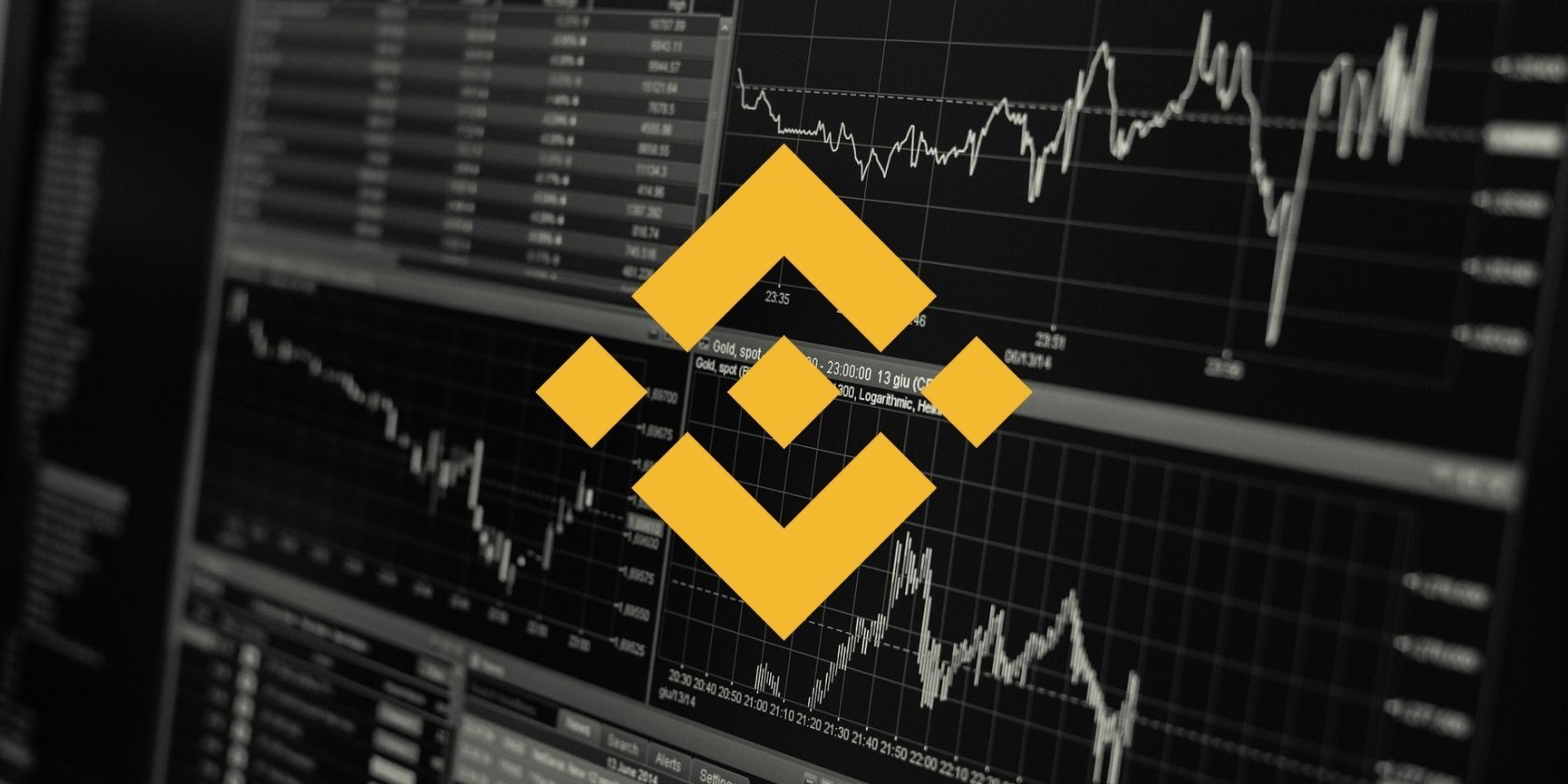If you're looking for an easy way to start trading crypto, you might come across crypto signal groups. But what are crypto signal groups, and how do they work? Most important, should you trust them with your own money?
What Are Crypto Signal Groups?
Crypto signal groups are online communities founded by crypto traders who share information about the market, their trades, crypto, and more. You can usually find crypto signal groups on popular social media platforms such as Discord, Telegram, WhatsApp, or Twitter.
The idea behind a crypto signal group is quite simple. As a member, you'll get informed about the best time to buy and sell cryptocurrency. Also, signal groups might tell you about new and exciting projects so that you can get in right at the project's launch.
But are all crypto groups worthy of your trust?
5 Reasons Why Crypto Signal Groups Are Not Trustworthy
Ideally, all crypto groups will give reliable and precise signals, leading their members to spectacular profits. But this might not always be the case, as you shouldn't trust crypto signal groups.
1. You Won't Learn About Crypto Trading
If you're looking for a crypto signal group to join, there's a chance you're a beginner in trading. It might not be the best solution if you're looking for a way to learn about crypto trading.
Most groups, especially those you can join for free, give little to no information about the trades. The administrators just post a message about which token you should buy and when to do it. And most of the time, there's not enough time for you to properly research the project by yourself.
Of course, some groups give in-depth explication about the following trades, but those are the exception. And these groups aren't usually free.
2. The Crypto "Signals" Are Likely Copied From a Different Source
The truth is, you may not be the only beginner in that group. If the administrator keeps posting trade signals without explanation, those signals might be copied from elsewhere.
Plenty of traders post their trades online, so it shouldn't be too hard for group administrators to find the next "signal." Now, they might do this to build authority if they aren't knowledgeable enough. Then, as their "signals" stand the test of time, they might switch from a free trading group to a paid one.
3. It Might Be Expensive
As we've mentioned, there are crypto signal groups that you can join for free, but you shouldn't expect too much from them. Joining a paid group might be expensive, as you can pay hundreds of dollars a month.
Even if you pay good money, it doesn't make your trades risk-free, so you can break the bank, especially if you follow every trade signal recklessly.
4. It Could Be a Rug Pull Scheme
As the crypto market has grown exponentially over the last years, so did the number of scammers. If someone creates a crypto token with the sole purpose of pulling the rug on its crypto investors, they need to market the token to attract investors.
So, they might create one or more crypto signal groups to get new buyers for their soon-to-be worthless coin.
5. The Group Takes No Responsibility
The more members a group has, the more successful it is. So, sometimes, administrators might exaggerate the results to increase their audience. If you show the difference between their claims and reality, you might quickly get banned.
If the administrators are the only ones that can post inside the group, it's a clear sign that they don't want anyone contesting their expertise and authority. Also, nothing stops the moderators from abandoning or deleting the group as soon as they make enough money.
What to Do Instead of Joining a Crypto Signal Group
If a crypto signal group seems shady to you, it's better to trust your instincts. In this case, you should look for alternatives to understand how the market works and learn which are the best practices.
Fortunately, you can gather useful information while avoiding not-so-trustworthy crypto signal groups.
1. Head to Social Forums
There are plenty of crypto-dedicated social forums, and you can easily find them on Reddit, Twitter, Telegram, etc. On these forums, you can learn about trading, market sentiment, new crypto projects, mining, and everything related to crypto.
As you might expect, plenty of forums are filled with irrelevant information, hopeless crypto projects, or scammers. However, there are plenty of crypto forums sharing authentic information.
2. Learn on a Reputable Platform
When it comes to crypto, many personalities and websites preach their knowledge about crypto. So it might be difficult to choose one to learn from.
Your safest bet might be to learn from a well-known crypto platform, such as Binance or Coinbase. And the best thing about it is that these platforms will pay you to learn about crypto.
3. Copy Experienced Traders
Besides teaching you about crypto, some platforms allow you to copy other people's trades. This way, you can check how experienced traders manage their assets and see the results.
This is a good way to start trading if you don't have the time or experience. However, you should keep in mind that someone else is making the decisions for you.
4. Start With Mock Trades
Once you got your trading system together, it's best to put it to the test before investing your money. Test your strategy using a risk-free crypto trading simulator so you don't lose a penny if your plans don't go as expected.
Once you're profitable and feel confident enough, you can start investing real money into your crypto trading.
Should You Trust Crypto Signal Groups?
When it comes to crypto signal groups, make sure it doesn't sound too good to be true. If the administrators are secretive about their identity, it's best to stay away.
However, you should keep learning, as the more you know about cryptocurrency, the more comfortable you are when trading. Fortunately, there are plenty of tools to learn, such as YouTube channels, forums, or podcasts.
The information on this website does not constitute financial advice, investment advice, or trading advice, and should not be considered as such. MakeUseOf does not advise on any trading or investing matters and does not advise that any particular cryptocurrency should be bought or sold. Always conduct your own due diligence and consult a licensed financial adviser for investment advice.






